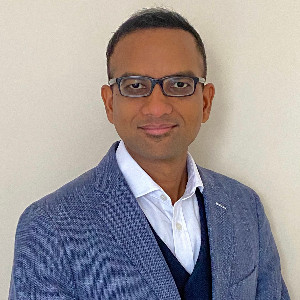It's important to demonstrate "active listening" in case interviews, as you need to probe into issues, clarify scopes, etc.
However, I'm wondering how to be "actively listening" at all times, including networking talks, daily business dialogues, etc. How to make a good balance between listening and talking? How could I make the dialogue more enjoyable / insightful, and demonstrate that I am actively listening and thinking smartly?

